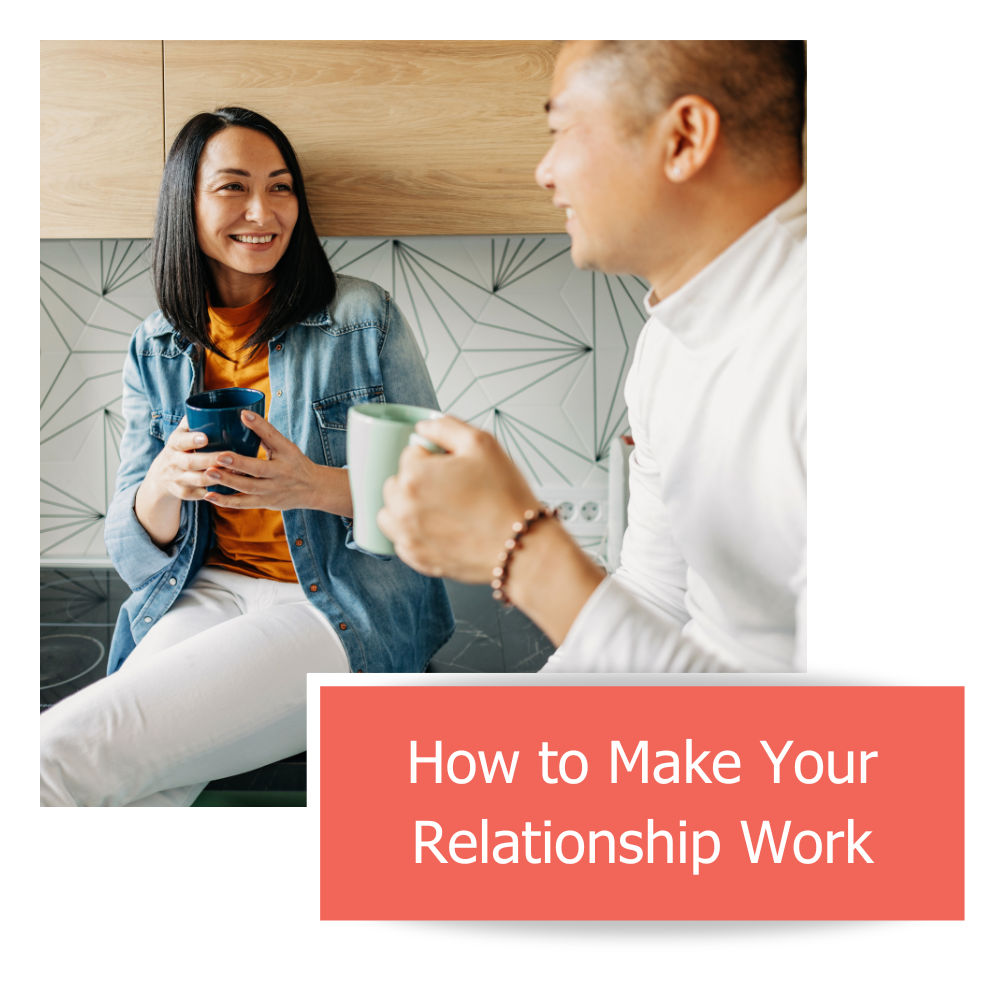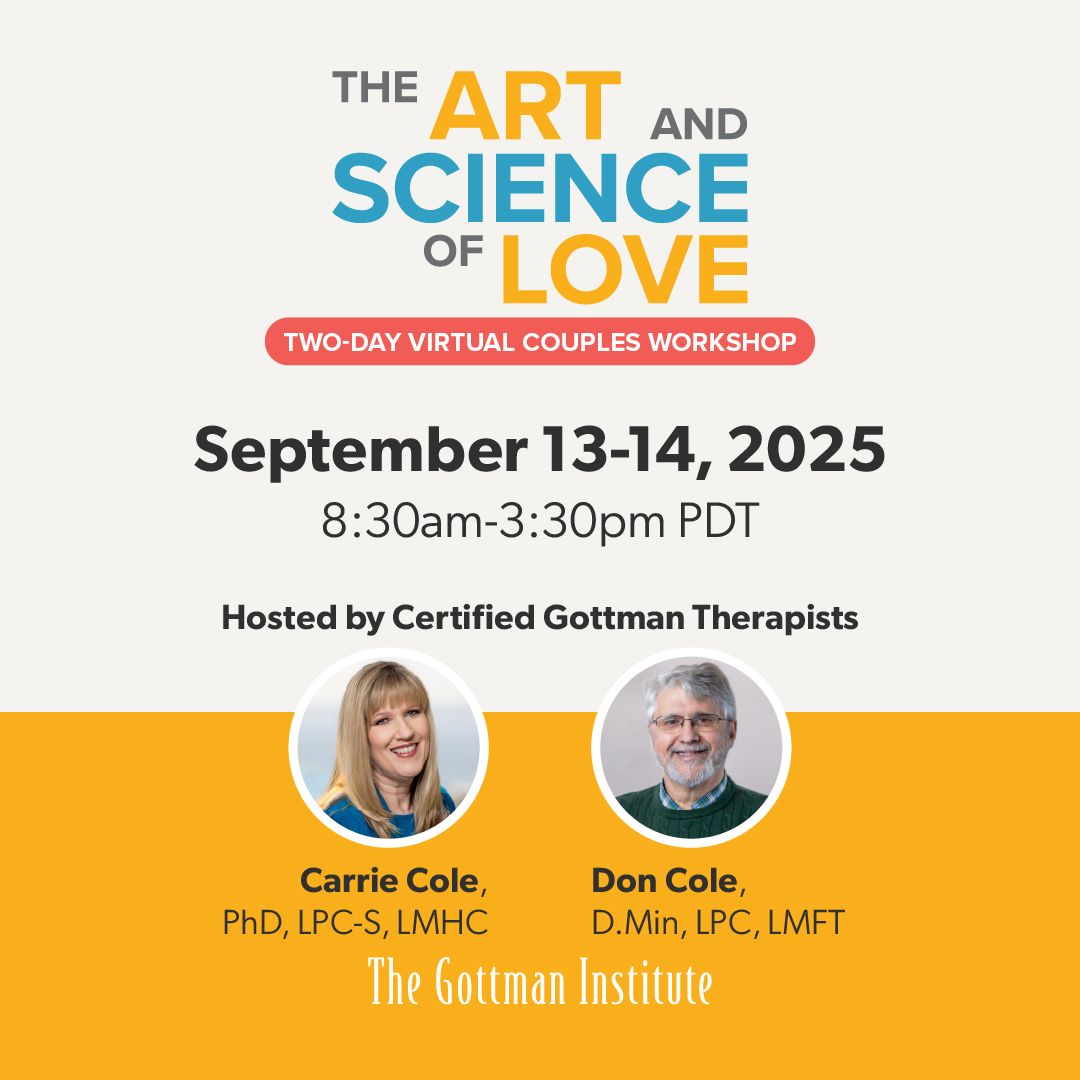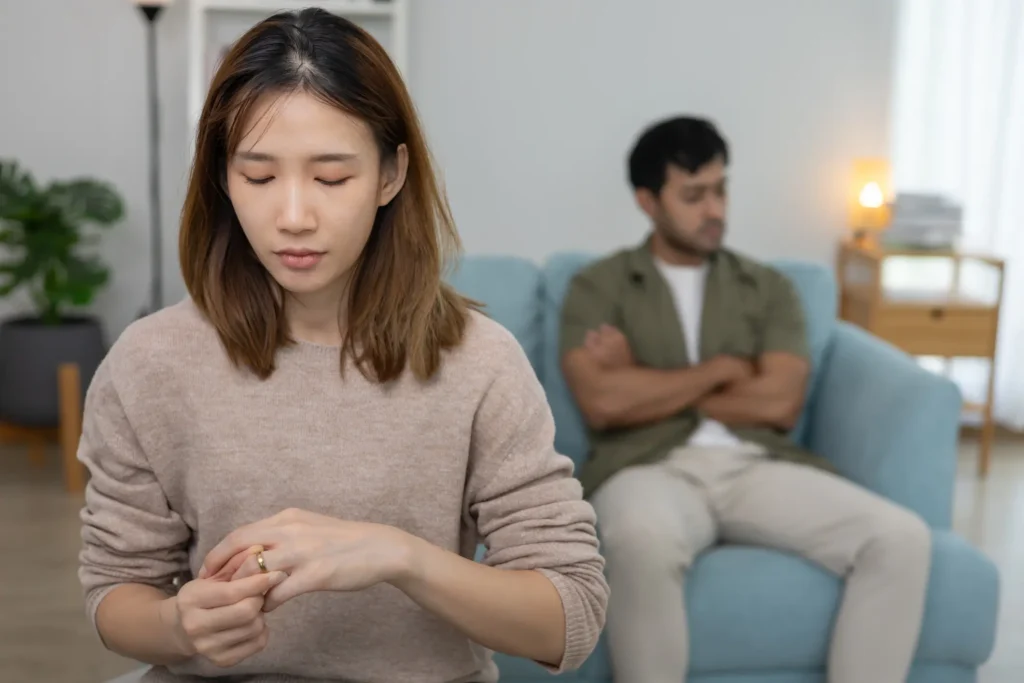When you started dating your partner, you probably had glowing things to say about them. You noticed every gesture (flowers for no reason!) and every sweet compliment. Fast forward a few years, you both may have collected hurtful emotional bumps and bruises along the way, making it hard to focus on the good things. It’s easy to fall into a rut and imagine that your partner doesn’t care, even if they still do. Does this negative perspective hurt a relationship? Let’s take a look at what the research says.
Dr. Gottman defines the negative perspective as an overriding sense of negative regard, where even neutral or positive actions from your partner are skewed in your mind to be perceived as negative. This often manifests itself in feelings of loneliness, powerlessness, and eventually one or both partners distancing themselves from each other. When your feelings are predominantly negative, every action, bid for attention, joke, or mistake can be interpreted through this new negative lense – whether or not it deserves to be seen that way.
If you find yourself constantly questioning your partner’s intentions, not giving them the benefit of the doubt, you may be experiencing the result of weeks or months of being in the negative perspective.
Dr. Gottman suggests that it’s never too late to reinvigorate your relationship with positive feelings for one another. This requires a deliberate effort to think about your partner in a more favorable light. Successful couples create a culture of goodwill in their relationship and purposefully strive to see each other through rose-colored glasses.
But what does positivity in a relationship actually look like? Here are some ideas for how to start thinking the best of your partner.
“I love it when…”
Try starting your sentences (even complaints) with “I love it when.” For instance, instead of “Why haven’t we gone on a date recently?” try this: “I love it when we go out together. Remember when we went to that restaurant that night? I had so much fun. Let’s do that again!”
Write down your appreciations
Try making a list of all the small things you notice your partner do or say. Dr. Gottman encourages couples to catch their partner doing something right. Start in the morning and continue through the evening as if you’re tracking their good habits. For instance: made coffee, poured my cereal, called me in the afternoon, paid the bill after I forgot.
An awareness of these small moments builds a habit of mind of seeing your partner in a positive way. When it is time to voice your appreciation, it will be easier to recall one moment out of many. Of course, they may also be negative moments, but try to actively engage your mind in remembering the good ones.
Build up your partner
Find moments to tell your partner about how amazing, brave, and sexy a certain behavior has been. Here are some examples.
Did they collect old clothing for donation? “Babe, you’re so thoughtful and giving – not just to this family!” or, “Thanks for coming out shopping with me on Wednesday, even though it was boring for you, I’m glad you came.”
Your attitude is your responsibility. You have the opportunity to adjust the narrative you want to tell yourself about the relationship. This narrative is important because it affects the intensity of your arguments, and ultimately your long term-success as a couple.
Now, after doing these exercises, it becomes easier to state your complaint or positive need, because you have a perspective of your partner which may be more akin to the perspective they hold of themselves.
For instance, when you are in the positive perspective, you are more inclined to recall that you are asking someone for whom you’ve built up regard and love. Within the context of appreciating your partner’s efforts all day, it feels easier to to approach your best friend with your needs from a place of warmth and affection.
If you were not paying attention to your partner’s actions all day, your request might gloss over their good behavior. Your partner may think you haven’t noticed their efforts at being caring and attentive. Unknowingly, you create a culture of negativity. So, paying attention matters. Sound like a lot to keep in mind? Maybe at first, but remember that the Gottman motto is “small things often” - this includes noticing the small things and appreciating them.
To build a culture of good feelings in your home and in your relationship, you have to start taking responsibility for your mindset. Where the mind goes, words and actions will follow.









